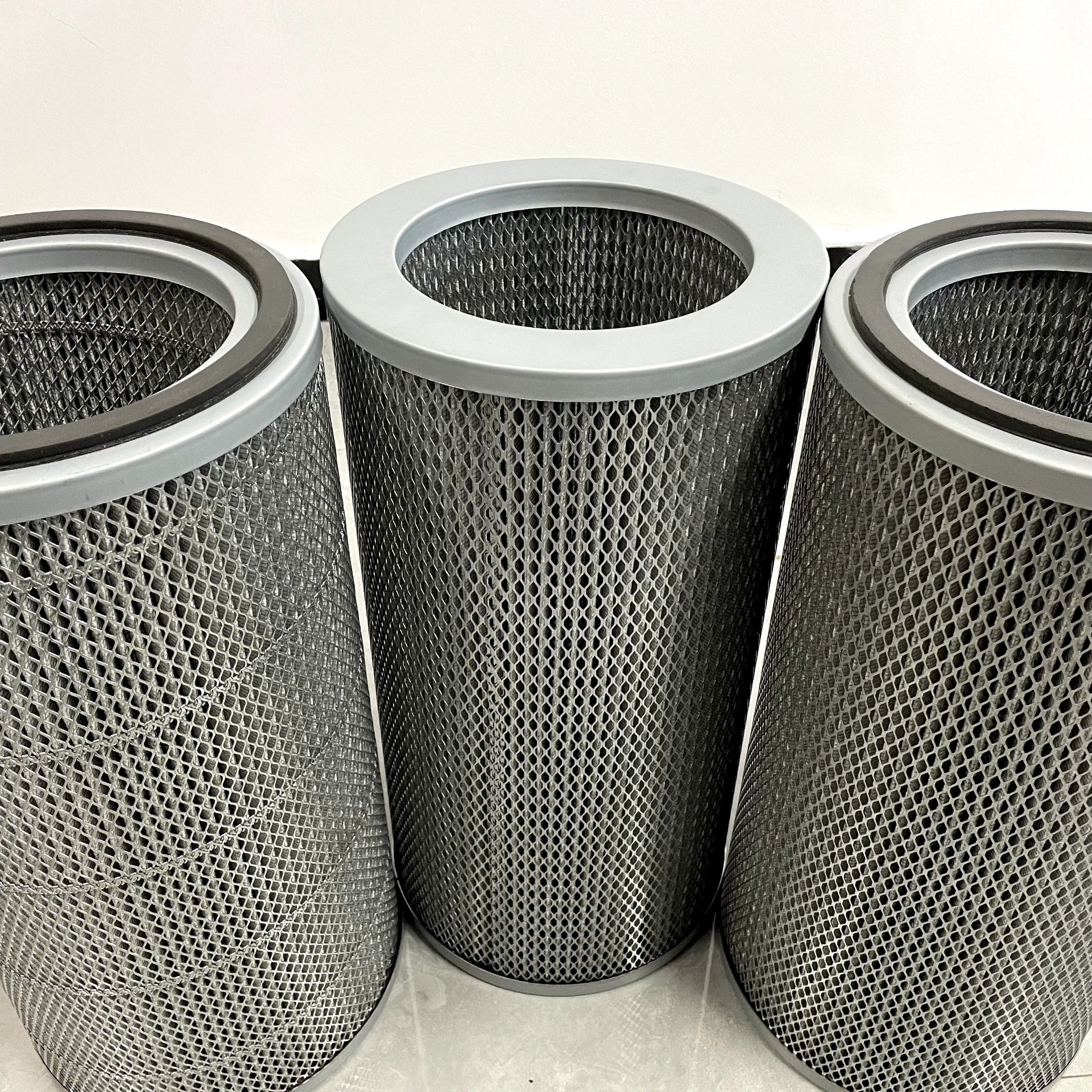 Tel:
+8618931101301
Tel:
+8618931101301
Νοέ . 08, 2024 18:13 Back to list
gas turbine inlet filter
The Importance of Gas Turbine Inlet Filters
Gas turbines play a critical role in power generation, aviation, and various industrial applications. They operate by converting fuel's chemical energy into mechanical energy, but their efficiency and performance can be significantly impacted by the quality of the air they intake. To protect these intricate machines, gas turbine inlet filters are an essential component. This article explores the function, types, and significance of inlet filters in gas turbine systems.
Function of Inlet Filters
Gas turbine inlet filters serve a primary purpose to remove contaminants from the ambient air before it enters the turbine engine. These contaminants can include dust, debris, pollen, sea salt, and other particulate matter that can cause wear and damage to engine components. The removal of these particles is crucial because
1. Protecting Engine Components Contaminants can lead to erosion of turbine blades, combustion chambers, and other critical parts. By capturing these particles, inlet filters help prolong the operational life of the engine.
2. Maintaining Efficiency Gas turbines are designed to operate under specific air-fuel ratios to achieve optimal efficiency and performance. The presence of unwanted particles can disrupt this balance, leading to decreased efficiency and increased fuel consumption.
3. Preventing Unplanned Downtime Regular maintenance and replacement of filters can prevent unexpected failures and costly downtime, leading to enhanced reliability of the gas turbine system.
Types of Gas Turbine Inlet Filters
There are several types of filters used for gas turbine applications, each designed to address specific needs
1. Panel Filters These are typically made of fiberglass or synthetic materials and are designed to capture larger particles. They are economical and can be used in a variety of settings.
gas turbine inlet filter

2. Bag Filters With a larger surface area than panel filters, bag filters can trap smaller particles and have higher dirt-holding capacity. They are often used in applications where higher filtration efficiency is necessary.
3. Centrifugal Filters These filters use centrifugal force to separate particles from the air. They are less common but can be effective in environments where larger contaminants are present.
4. Electrostatic Filters Utilizing electrostatic charges, these filters can attract and capture particles that may not be effectively removed by traditional mechanical filters. This technology is becoming more popular in high-efficiency gas turbine systems.
5. Pre-filters Often used in conjunction with primary filters, pre-filters capture larger particles, thereby extending the life of the more expensive primary filter.
The Significance of Inlet Filters
In the context of global energy demands and environmental concerns, the significance of gas turbine inlet filters cannot be overstated. With the increasing deployment of gas turbines in power plants and aircraft, ensuring their efficiency and longevity is paramount. This is especially true in regions with high levels of airborne contaminants, such as arid or industrial areas.
Moreover, the integration of advanced filtration technologies contributes to meeting stricter emissions regulations. Clean air intake not only boosts the performance of gas turbines but also minimizes the pollutants released during operation, supporting the transition to cleaner energy sources.
As industries continue to evolve, research and development around gas turbine inlet filters remain crucial. Innovations in materials and designs promise to make filters more efficient, capable of capturing smaller particles while maintaining airflow. These advancements will ensure that gas turbines operate at peak performance, contributing positively to both economic and environmental goals.
Conclusion
In summary, gas turbine inlet filters are a vital component in the operation of gas turbines across various sectors. By protecting engine components, maintaining operational efficiency, and preventing downtime, they play a crucial role in the performance and sustainability of gas turbines. With ongoing advancements in filtration technology, the future looks promising for enhancing the reliability and effectiveness of gas turbines in meeting global energy demands.
-
Working principle of high-efficiency dust filter elementNewsJun.26,2025
-
The truth about washable filters: Does repeated use really not affect efficiency?NewsJun.25,2025
-
Effect of humidity on the performance of activated carbon filter elementsNewsJun.24,2025
-
Material selection considerations for dust removal filter elements under high temperature conditionsNewsJun.23,2025
-
Cold knowledge of air filters: Why are some designed to be pleated?NewsJun.16,2025
-
Factory direct supply! High-precision air filter element wholesale and customizationNewsJun.12,2025

 Email:
Email:





